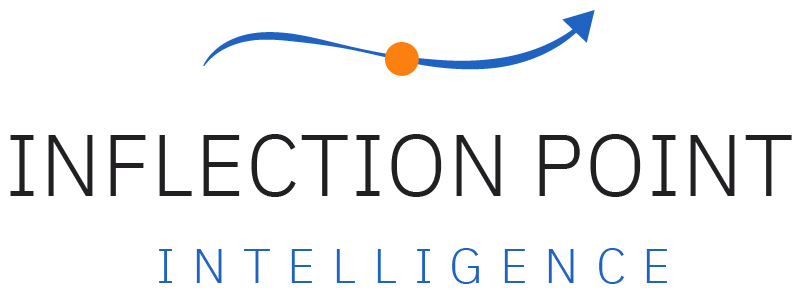November 12, 2021
Can Elon Musk Solve World Hunger?
This week, in an interview with CNN, Elon Musk was challenged by UN World Food Programme Executive Director David Beasley to "step up now, on a one-time basis" to help solve world hunger. He said "$6 billion to help 42 million people who are literally going to die if we don't reach them. It's not complicated."
Actually, it is complicated. Elon Musk’s wealth is extremely illiquid, the vast majority of it being in Tesla and Space-X stock. So cash to make donations is in short supply. He could, of course, sell stock – and indeed, this week he asked the Twitterverse if he should sell 10% of his Tesla stock, and it said yes. There are a huge number of legal and ethical questions raised by both the tweeting and the stock sale itself – an excellent overview of those questions can be found on Bloomberg Opinion here - https://www.bloomberg.com/opinion/articles/2021-11-08/elon-musk-did-some-tweets. From a philanthropic point of view, however, one important question is – could charitable structuring help? Should he donate the shares to the Musk Foundation or another charitable vehicle? That would certainly be a more tax-efficient way to give (although the point of selling the stock outright seems to have been related specifically to generating taxable income, not avoiding it).
But - the Musk Foundation’s website says only that
“Grants are made in support of:
- Renewable energy research and advocacy
- Human space exploration research and advocacy
- Pediatric research
- Science and engineering education
- Development of safe artificial intelligence to benefit humanity.”
Does this in fact mean that a grant to urgently help 42 million starving people could not be made from this foundation? Possibly – the constitutional documents of the entity are crucial in governing what its assets may be used for.
Governing documentation and the ways that philanthropists can exert control over charitable organizations are just one of the topics that we cover in the Henley Family Office Program’s module on Philanthropy. When Ultra High Net Worth families think about their legacy, philanthropic giving ranks very high on the list of priorities, and anyone working in or with a family office is likely to encounter philanthropy in some shape or form.
Our lecturer, Jennifer Emms of Maurice Turnor Gardner, discusses the many facets of philanthropy from a family office viewpoint. She helps by outlining the spectrum of philanthropy – on a scale from least commitment to most commitment, it covers:
Impact investing
Ad-hoc volunteering
Pooled giving
Donor-advised funds
Individual/corporate grant-making
Bespoke charitable entities.

